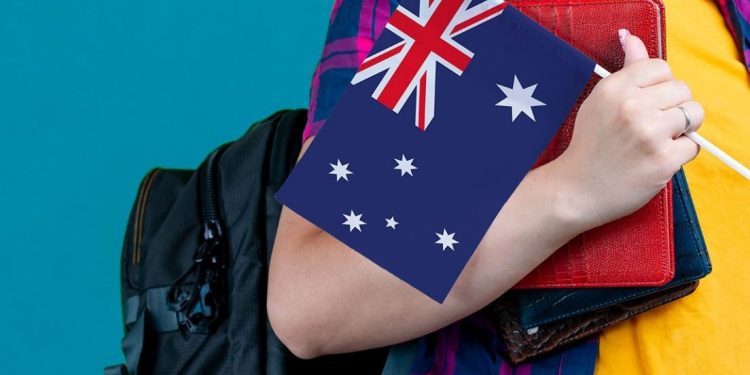On the 26th of August 2023, the Australian government revealed a range of measures aimed at safeguarding the reputation and status of Australia’s global education sector. With immediate effect, the government has taken the following steps:
Addressing a gap in immigration regulations that permitted “education providers to transition international students who have spent under six months in Australia from genuine studying to a setup tailored to facilitate employment access within the country.” This gap pertained to students having the ability to obtain “concurrent COEs” (Confirmations of Enrolment) for programs in two sectors – higher education and vocational training (VET).
Institutions are now prohibited from creating concurrent COEs. Clare O’Neil, the Minister for Home Affairs, affirmed, “Our message is straightforward – the festivities are over, the [deceptive activities] and gaps that have plagued this system will be eradicated.”
Raising the required savings for international students applying for an Australian study visa by 17%, in order to account for the increased cost of living in Australia. As a result, students will now need savings of $24,505. This measure is designed to prevent students from being coerced into exploitative work during their studies due to financial constraints.
Applying heightened scrutiny to “high-risk cohorts” of potential students, who generally submit a higher number of deceitful applications.
Considering the utilisation of its authority under Section 97 of the Education Services for Overseas Students Act (ESOS Act) to issue suspension certificates to education providers deemed high-risk. Issuing a suspension certificate would mean these providers would be barred from enrolling international students.
If indeed the government goes forward with the suspension powers, it would mark the first instance of such an action. This potential move is linked to concerns that “over 200 providers presently experience visa refusal rates exceeding 50%.”
The Australian government has unveiled plans to bolster the authority of the Australian Skills Quality Authority (ASQA) to regulate administrators, overseers, and controllers of Registered Training Organisations (RTOs). As part of these changes, owners of RTOs will be required to adhere to “Fit and Proper Person” prerequisites to register and manage their businesses. This move is aimed at eradicating the minority of unscrupulous operators who exploit students and neglect to provide the expected standards of education and training.
Brendan O’Connor, the Minister for Skills and Training, issued a press release, stating that these modifications underscore our unwavering commitment to reinforcing the credibility of the VET sector… With 9 out of 10 future jobs demanding post-secondary qualifications, and VET serving as a crucial pathway to secure employment, we are dedicated to enhancing the reputation of VET, and this stands as a pivotal stride towards achieving that goal.
The backdrop to this governmental declaration is the growing apprehension within the Australian international education sector about immigration loopholes inadvertently encouraging insincere students to enter Australia.
Commenting on the tightening of immigration measures, Jason Clare, the Minister for Education, remarked that the International student enrolments are nearly back to pre-pandemic levels, which is positive. International education is an immensely valuable national asset. However, challenges persist in this domain. As genuine students return, so do some dubious and unscrupulous entities attempting to exploit them.
He added that these changes are designed to curtail opportunistic ‘second’ providers from enrolling students prior to them completing the requisite six months at their initial institution. This action will help uphold the integrity of one of our major exports while cracking down on unscrupulous operators.
The phenomenon the government aims to counter is known as “course hopping,” where a student secures a visa for a respected higher education or vocational education and training (VET) program but then conveniently switches to a lower-cost private college. In some instances, students don’t even participate in classes at the second institution, a phenomenon often referred to as a “ghost college.” The underlying motive behind course hopping is to enable the student to pursue work in Australia, contrary to their stated purpose of studying.
The ability for students to obtain two Confirmations of Enrolment (COEs) on the same visa, known as “concurrent enrolments,” has facilitated course hopping. The Australian government uncovered that “during the first half of 2023, around 17,000 concurrent enrolments were established, compared to roughly 10,500 for the same period in the combined years of 2019 and 2022.”











